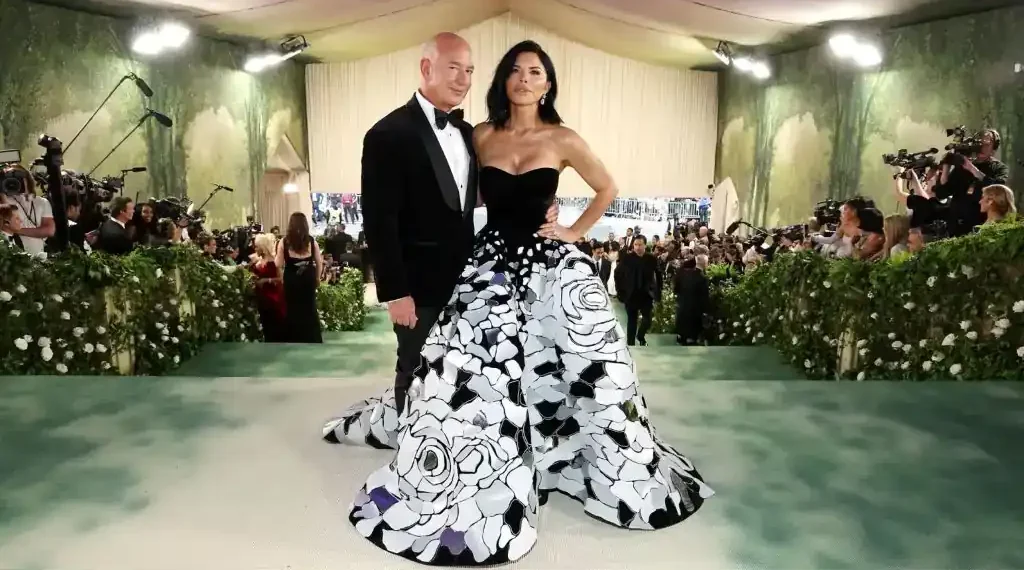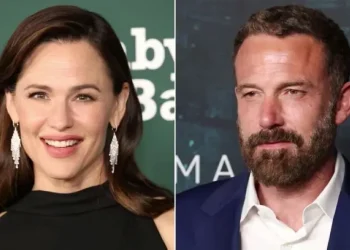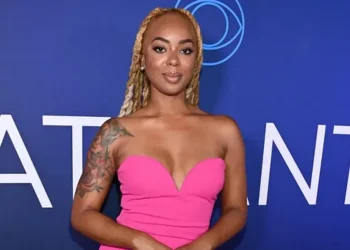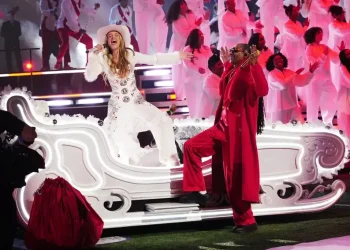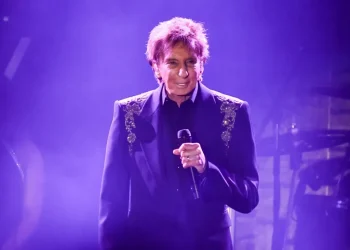Met Gala 2026 sparks controversy as Anna Wintour responds to criticism of Bezos sponsorship and rising concerns about wealth in the arts
The Metropolitan Museum of Art’s 2026 Met Gala has drawn early criticism after announcing Jeff Bezos and Lauren Sánchez Bezos as lead sponsors, prompting debate over billionaire influence in cultural institutions. Anna Wintour, who continues to oversee the annual event despite stepping down as Vogue US editor-in-chief, defended the decision in comments this week, describing Sánchez Bezos as a positive addition and a generous supporter of the museum.
Speaking to CNN at the inaugural Franca Fund Gala in Doha, Qatar, Wintour said she believed Sánchez Bezos would be “a wonderful asset to the museum and the event.” She added that the couple’s contribution reflects long-standing partnerships between the Met and private donors, noting that she was “thrilled she’s part of the night.” The remarks were her first public response since the sponsorship announcement last week sparked backlash online and renewed debate over the direction of one of fashion’s most influential fundraisers.
Wintour Defends Sponsors as Social Media Criticism Builds
The announcement identified Jeff Bezos and Lauren Sánchez Bezos as lead sponsors for 2026, alongside secondary sponsors Saint Laurent and Condé Nast, publisher of Vogue. Although Wintour no longer holds the title of editor-in-chief in the United States, she remains the company’s global editorial director and chief content officer, retaining oversight of the Met Gala and its thematic direction.
Much of the criticism emerged on social media, where users argued that the sponsorship reflects a shift toward billionaire dominance in cultural spaces. Some questioned whether philanthropic contributions from ultra-wealthy donors should shape the identity of major institutions, while others suggested that funding could be directed toward social priorities outside the fashion world.
One commenter on the museum’s Instagram page criticized the pairing of art and high-profile wealth, writing that the event should avoid “platforming Jeff Bezos and Lauren Sánchez with art and fashion.” The message reflected broader concerns about perceived attempts by public figures to buy cultural legitimacy—a recurring theme in discussions surrounding celebrity philanthropy and fashion-industry influence.
Sponsorship History Shows Broad Corporate Support Over Time
Although the criticism focused on the Bezos name, fashion historians note that the Met Gala has long relied on corporate and private support. Luxury brands regularly fund the exhibition and event, including Louis Vuitton in 2025. Technology companies have also played a role, with past sponsors ranging from TikTok and Instagram to Apple, Yahoo and Amazon. The latter supported the gala in 2012, and Jeff Bezos served as an honorary chair that year.
The shift, analysts suggest, may lie more in public perception than in the structure of funding itself. The event has evolved into a global media spectacle, with scrutiny increasing each year as celebrity involvement and digital visibility expand. For some observers, the scale of attention makes the selection of sponsors more symbolic, even when financial arrangements remain comparable to previous years.
Museum supporters note that sponsorships provide essential funding for the Costume Institute, which relies entirely on external contributions. Still, critics argue that the optics of billionaire backing carry different weight in a period marked by rising concerns about wealth concentration and cultural access.
Celebrity Ambition and Fashion Influence Draw Comparisons
The sponsorship announcement has also renewed interest in Sánchez Bezos’ growing presence in the fashion industry. Although she has not publicly discussed her intentions, her profile has risen notably over the past year. She appeared on the June cover of Vogue US with Bezos, attended the 2024 Met Gala and was photographed at Paris Fashion Week in archival looks curated by celebrity stylist Molly Dickson.
Observers have drawn comparisons to Kim Kardashian’s evolution within high fashion, pointing to a similar trajectory from media figure to industry presence. Kardashian, who is a friend of Sánchez Bezos, gained greater acceptance in the fashion world about a decade ago after early support from Wintour and a Vogue cover with Ye, the rapper formerly known as Kanye West.
Some commentators view the sponsorship as part of a broader effort by the couple to establish cultural footing beyond business and philanthropy. Others caution that such assumptions remain speculative, given the limited public statements from Sánchez Bezos herself. Her philanthropic work includes the Earth Fund, which this year announced a $6.25 million partnership with the Council of Fashion Designers of America to support sustainability initiatives.
Condé Nast Donation and Timing Raise Questions
The Met also confirmed that a gallery space will be named after the late founder of Condé Nast, following an undisclosed donation from the media company. The announcement coincided with recent layoffs across the publisher’s portfolio, which affected several titles including Teen Vogue.
Amy Odell, author of Wintour’s biography Anna, noted in an Instagram video that the layoffs arrived just as sponsorship news emerged. She described the moment as emotionally charged for staff and readers, particularly because affected teams included younger and more diverse journalists covering politics and culture for a youth audience.
Odell suggested that the contrast between financial cuts and high-profile philanthropy may contribute to public discomfort. “The optics are kind of uncomfortable,” she said, adding that perceptions surrounding wealth and cultural influence could continue shaping the gala’s reception in future years.
Long-Standing Event Continues to Evolve Amid Scrutiny
The Met Gala, established in 1948 and transformed under Wintour’s leadership beginning in the 1990s, has become one of the most visible fundraisers in the global arts calendar. Each year’s theme guides both the exhibition and the red-carpet interpretations, generating extensive media coverage and shaping fashion discourse well beyond the night of the event.
While the 2026 gala remains more than a year away, discussions around sponsorship underscore how cultural events are increasingly viewed through the lens of economic inequality and institutional accountability. Analysts say that as public expectations evolve, major cultural organizations must navigate both financial sustainability and reputational considerations.
For now, museum representatives have not issued additional comment on the criticism, and no changes to the sponsorship structure have been announced. Wintour emphasized gratitude for the donors involved, framing their participation as part of the long tradition of supporting the Costume Institute.
The debate highlights a broader tension: cultural institutions depend on private funding, yet public perceptions of wealth and influence continue to shift. Whether these questions will meaningfully affect the gala’s reception in 2026 remains unclear, but the conversation surrounding its sponsorship has already widened beyond fashion into a deeper reflection on cultural ownership and public trust.
This article was rewritten by JournosNews.com based on verified reporting from trusted sources. The content has been independently reviewed, fact-checked, and edited for accuracy, neutrality, tone, and global readability in accordance with Google News and AdSense standards.
All opinions, quotes, or statements from contributors, experts, or sourced organizations do not necessarily reflect the views of JournosNews.com. JournosNews.com maintains full editorial independence from any external funders, sponsors, or organizations.
Stay informed with JournosNews.com — your trusted source for verified global reporting and in-depth analysis. Follow us on Google News, BlueSky, and X for real-time updates.
